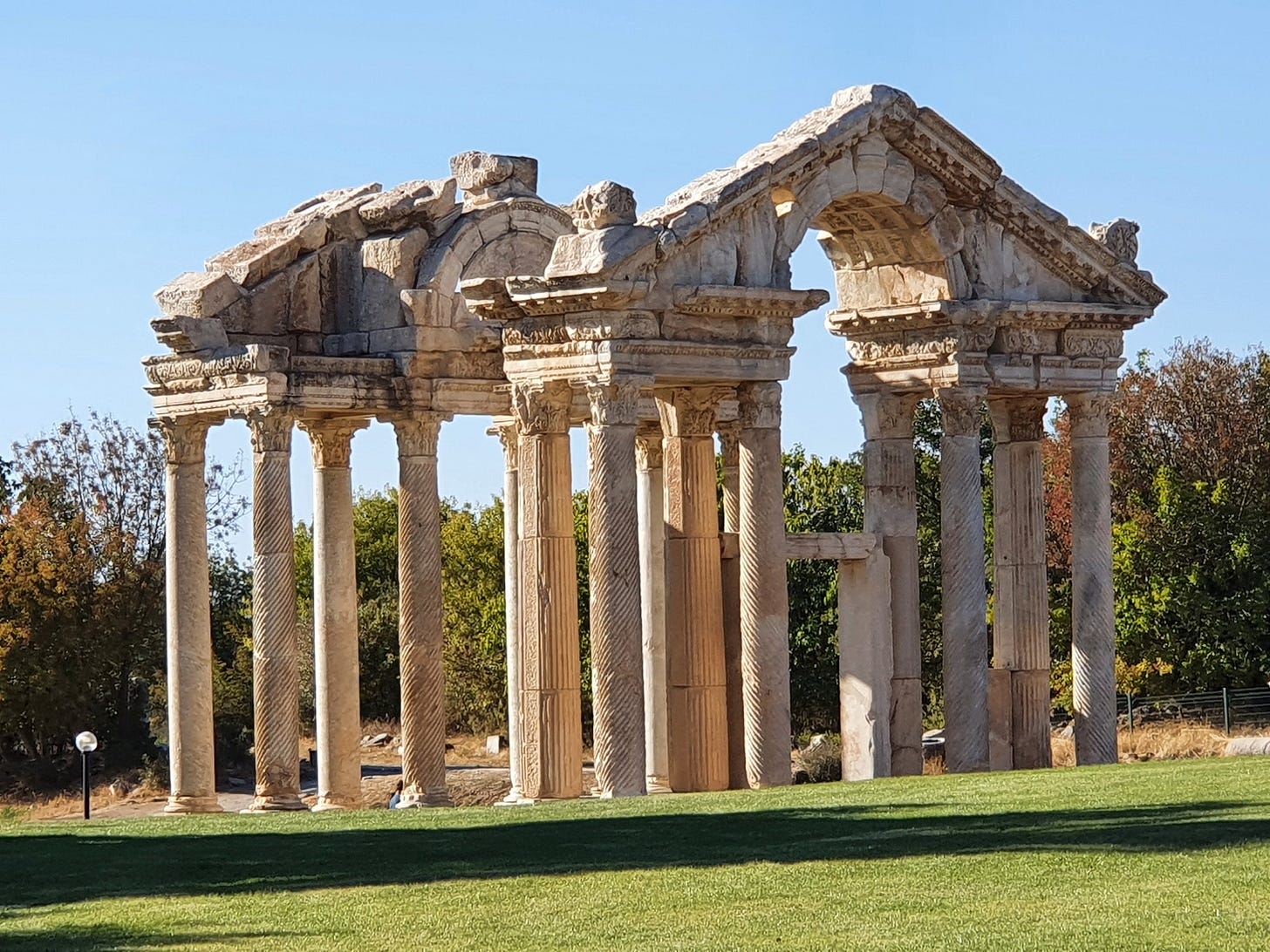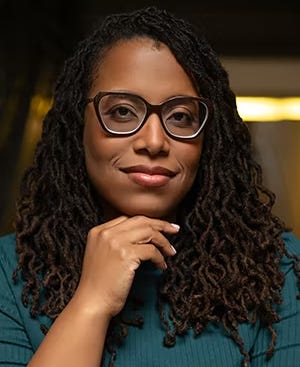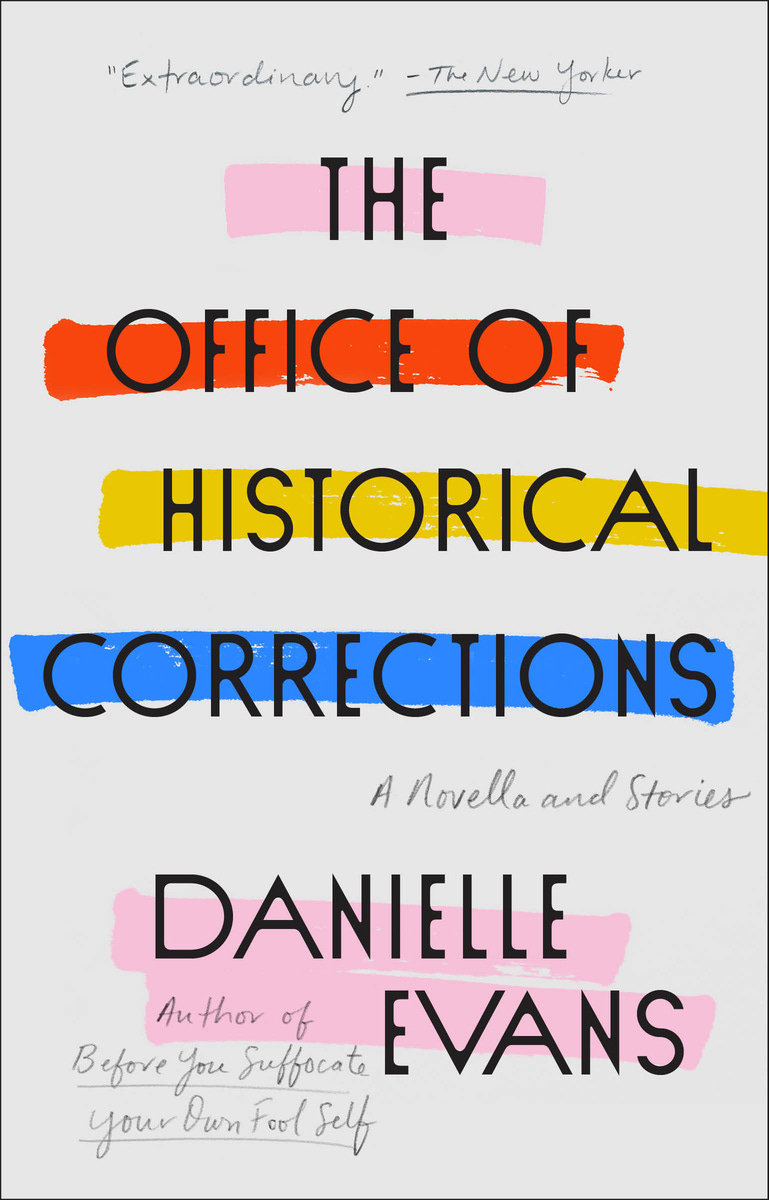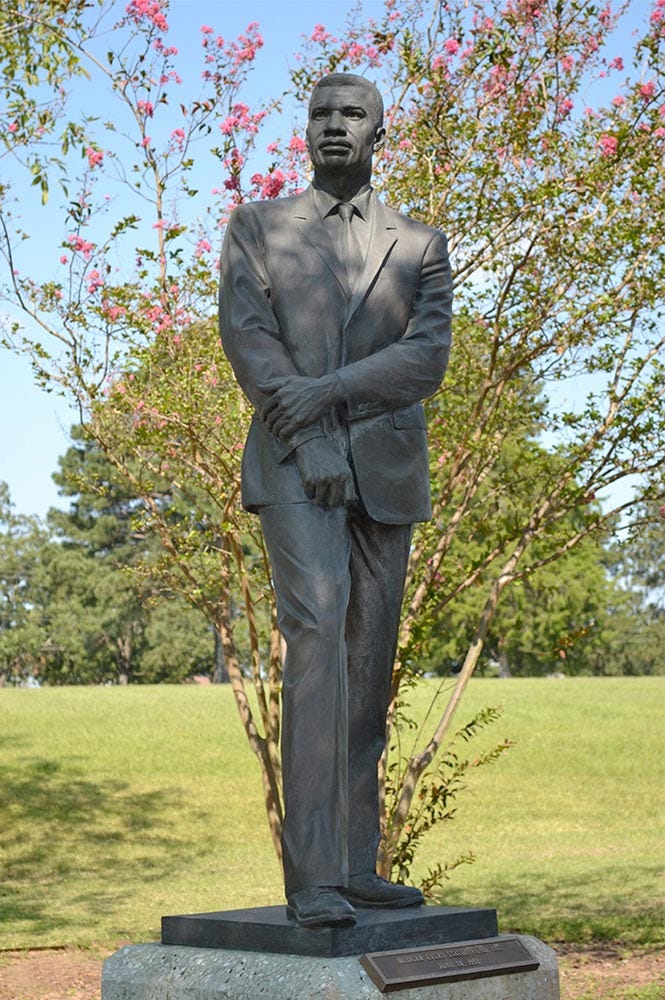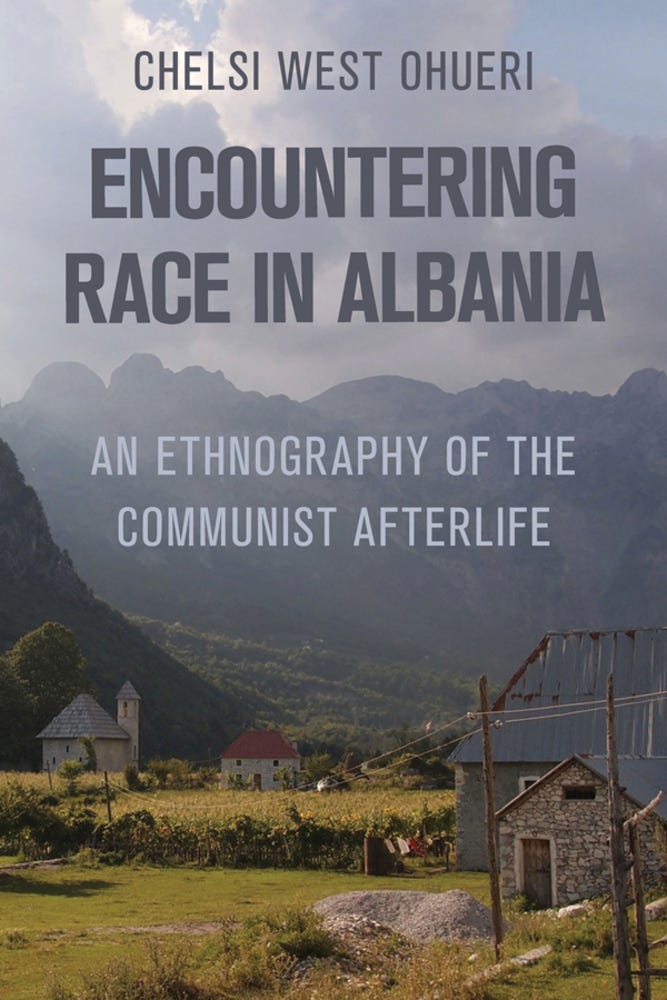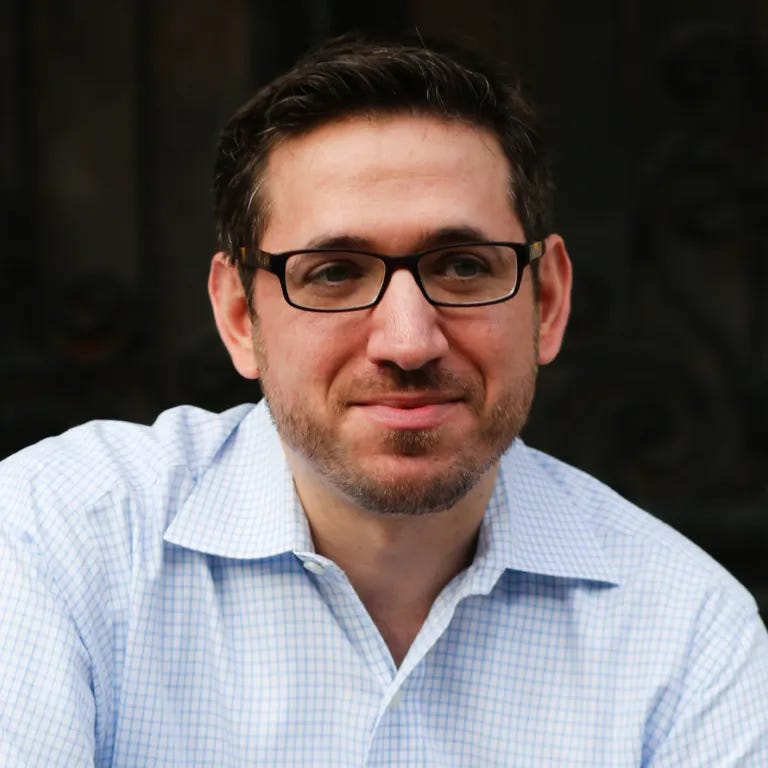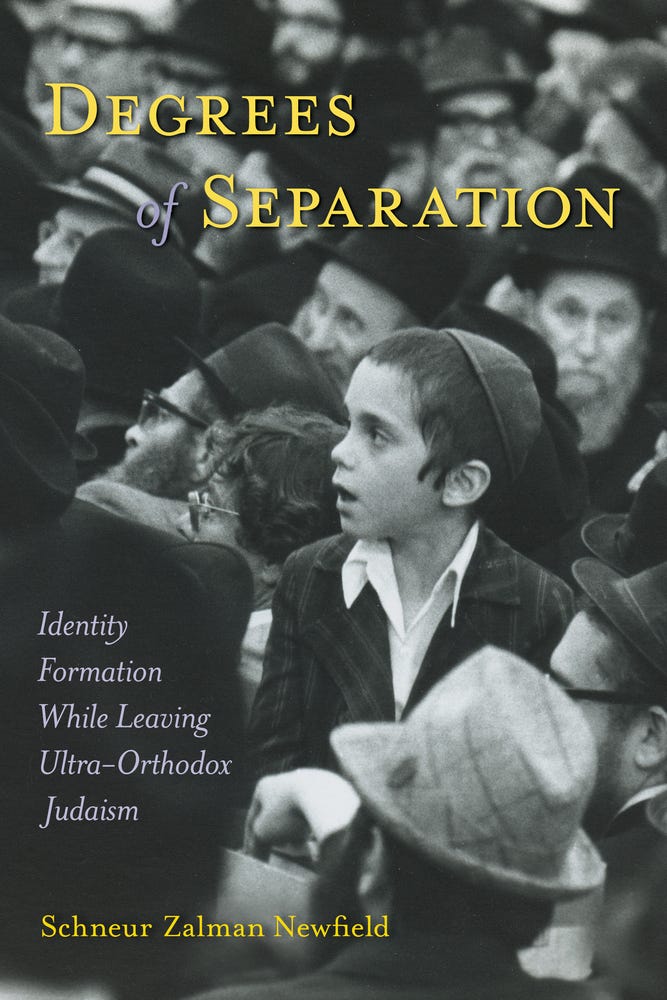Dig Into New Books (on Old Civilizations)
Unearth the past with New Book in Archaeology
Q: If you could record an NBN interview with anyone, who would it be?
A: I would love to record an interview with my fourteen-year-old daughter when she writes her first novel.
-Zalman Newfield
In this week’s newsletter
New Books in Archaeology
Scholarly Sources with Chelsi West Ohueri
Meet a Host with Zalman Newfield
Channel Spotlight: New Books in Archaeology
This week we are digging into the New Books in Archaeology channel! Check out a few great episodes about ancient history throughout the world including the Ancient Mayans, Romans, Greeks, and Mesopotamians!
Maya of all social classes, ages, and professions engaged in dental modification including filing their teeth flat or pointy, polishing, drilling, and crafting decorative inlays of jade and pyrite. In Ancient Maya Teeth: Dental Modification, Cosmology, and Social Identity in Mesoamerica, Vera Tiesler reveals how dental-modification customs shifted over the centuries, indexing other significant developments in Mayan cultural history.
In What Is Ancient History?, Walter Scheidel presents a compelling case for a new kind of ancient history—a global history that captures antiquity’s pivotal role as a decisive phase in human development, one that provided the shared foundation of our world and continues to shape our lives today.
In Penelope’s Bones: A New History of Homer’s World through the Women Written Out of It, award-winning classicist and historian Emily Hauser pieces together compelling evidence from archaeological excavations and scientific discoveries to unearth the richly textured lives of women in Bronze Age Greece—the era of Homer’s heroes.
In Plants, Politics and Empire in Ancient Rome, Annalisa Marzano investigates the cultural and political dimension of Roman arboriculture and the associated movement of plants from one corner of the empire to the other.
Ashurbanipal, Assyria’s last great king, held an astonishing library collection at the forefront of knowledge in its day, from ancient traditions in religion and literature to the latest developments in magic and medicine. Listen to Assyriologist Selena Wisnom discuss her book The Library of Ancient Wisdom: Mesopotamia and the Making of History, which takes us on an immersive tour of this extraordinary library, bringing ancient Mesopotamia and its people to life.
Subscribe to New Books in Archaeology to catch interviews with wonderful scholars who are using archaeological evidence to learn more about the ancient world!
Scholarly Sources: Chelsi West Ohueri
Chelsi West Ohueri is a sociocultural and medical anthropologist and Assistant Professor of Slavic and Eurasian Studies at UT Austin. She researches and teaches about race and racialization, nation and belonging, health inequality, and ethnographic methods. Encountering Race in Albania: An Ethnography of the Communist Afterlife is her first book.
Q: What are you reading right now?
A: I just started reading My Parents: An Introduction/This Does Not Belong to You by Aleksandar Hemon. It is such a cool blend of memoir and family biography. For the past three years I have assigned Hemon’s essay My Mother and the Failed Yugoslavia Experiment in one of my undergraduate classes and each year students list it among their favorite readings for the course. I got his book so that I can read more about his family story for myself. The story is told from two different angles: that of Hemon’s parents and then a micro-memoir text of his personal experiences. I am excited to read further.
Q: What is your favorite book or essay to assign and why?
A: I get excited about this answer because I love assigning selections from The Office of Historical Corrections by Danielle Evans. I assign her short story “Boys Go to Jupiter” every year, but the entire collection and the concluding novella are so good. The text is thought-provoking on multiple levels and Evans knows how to use fiction to capture social interaction when it comes to subjects like race and history. My students are often surprised to see this work on the syllabus since it’s fiction, but by the semester’s end, some of them are asking me for more.
Q: Is there a book you read as a student that had a particularly profound impact on your trajectory as a scholar?
A: If books that I read in elementary school count, then the first that comes to mind is Sideways Stories from Wayside School. The text had such a profound impact on me because I remember laughing so hard from the moment I read the first chapter and thought to myself, “I want to read more books that make me laugh. I want to keep laughing just like I am now.” Though my recent book is an ethnographic study about race, I do believe that there are numerous funny moments, and I have had a few readers tell me as such. I am now working on a creative non-fiction book about Albania and humor plays a huge role in it.
A book from my time as a student in higher education has to be Edwidge Danticat’s Brother, I’m Dying. Her storytelling in this text is some of the most powerful that I have ever encountered.
Q: If you could meet any writer, who would you most like to meet and why?
A: Though I’ve read so many genres and books over the years, Judy Blume remains among my favorite authors of all time. I’m currently rereading her books with my kids, rereading for I don’t know what umpteenth time. I guess you could say that in some ways I’m stuck in perpetual adolescence.
I once got to meet Edwidge Danticat, one of my favorite writers who I previously mentioned. She was the keynote speaker at a conference at my university, and I was wearing my three-month-old baby in a carrier. Danticat commented that my baby was cute, and I quickly handed her my baby, eager to share anything with her at all that would allow me to talk to her for just a few seconds longer.
Q: What’s the best book you’ve read in the past year?
A: I would probably have to say The Ruthless Elimination of Hurry: How to Stay Emotionally Healthy and Spiritually Alive in the Chaos of the Modern World by John Mark Comer.
Q: Have you seen any films, documentaries, or museum exhibitions that left an impression on you recently?
A: I recently traveled home to Jackson, Mississippi for a couple of book talks and as usual, I flew in and out of the Jackson-Medgar Evers Wiley airport. The airport was renamed for civil rights activist Medgar Evers in 2005, and, in recent years, an exhibition was created to educate visitors about Evers’ life and the way that he was brutally murdered by Byron De La Beckwith in front of his family in his driveway. Though the exhibit is small and though I am very familiar with Evers’ story, the installation has truly left a lasting impression on me. I have lingered with it at least three times in the last year as I have traveled in and out of Jackson.
Q: What do you plan on reading next?
A: My friend and fellow anthropologist Elana Resnick’s book, Refusing Sustainability: Race and Environmentalism in a Changing Europe, has just come out and it is next on my list.
Q: Who should read your book Encountering Race in Albania: An Ethnography of the Communist Afterlife and why?
A: I believe that anthropology students at both the undergraduate and graduate levels will find the book appealing.
I have heard from editors that many academics think that their books could be read by a wide variety of readers, when in actuality these scholarly books might be pretty niche and not have as large as an appeal as some academics might think. I agree that many readers do not seek out books about Albania on their own, and not everyone is willing to read an academic ethnography that they are not assigned to read.
That said, I think that in addition to those interested in the Balkans or communism, anyone interested in questions of race should read my book. While the book focuses on questions of race in Albania, the primary goal is to situate race globally; to ask what a study of race in Albania can teach readers about race. If anyone has ever questioned what race is, where the idea of race even came from, or what constitutes whiteness or blackness, then they might learn from my book.
Q: Anything else you’d like to share? Either about your academic work or creative endeavors?
A: After hearing about my research and work, many people immediately ask me how in the world a Black woman from Mississippi ended up doing this work in Albania. While I briefly discuss this in my book’s Introduction, readers should stay tuned because the bigger answers to this question are forthcoming in my next creative non-fiction text.
Listen to Chelsi’s great NBN interview, and check out her book Encountering Race in Albania: An Ethnography of the Communist Afterlife.
And find more wonderful interviews with Anthropologists like Chelsi on our New Books in Anthropology channel!
Meet a Host: Zalman Newfield
Q: Can you briefly introduce yourself including your areas of academic interest?
A: I was raised in the ultra-Orthodox Jewish community and left it in my early 20s. I have a PhD in Sociology and study the ultra-Orthodox community and those who leave it. I also study the criminal justice system and college education programs in prison.
Q: What channels do you contribute to?
A: I contribute to the Jewish Studies, Religion, Sociology, History, Politics, Sexuality, and Literature channels.
Q: How did you first hear about the New Books Network?
A: My first exposure to New Books Network came about when I was interviewed for my academic book, Degrees of Separation: Identify Formation While Leaving Ultra-Orthodox Judaism, published in 2020.
Q: What made you want to be a host for NBN?
A: I thoroughly enjoyed being interviewed for NBN and felt that I would enjoy being on the other side of the mic, interviewing other people about their books as well. Boy, was I right!
Q: What do you enjoy most about being an NBN host?
A: There are so many things I love about being a host for NBN. I enjoy keeping up with various literatures, reading interesting books to prepare for the interviews, and having fabulous conversations with thoughtful scholars and thinkers. In addition, given the tremendous amount of distortion, obfuscation, and lies that pervade our public discourse at the moment, I feel it is a great privilege to bring nuanced discussion about important topics to as wide an audience as possible.
Q: What episode has been your favorite to record?
A: I genuinely enjoy all of the interviews I conduct so trying to answer this question is reminiscent of trying to answer which of my children I like the most.
Listen to a few of Zalman’s episodes published this year!
Q: Other than your own, what has been your favorite episode or channel to listen to?
A: To be honest, my favorite part about the NBN is the vast expansiveness of the podcast. I have listened to podcasts about Jewish history, African society, Argentine culture, Russian politics, and so many other areas of interest to me. It is truly a treasure trove of fabulous content available to everyone in the world with access to the internet.
Q: If you could record an NBN interview with anyone, who would it be?
A: I would love to record an interview with my fourteen-year-old daughter when she writes her first novel.
Q: What advice would you give to anyone interested in becoming a host at NBN?
A: Go for it! It is a real joy to be a host, and it’s a great opportunity to think seriously about books and ideas and how to help the public connect to them. One piece of advice: don’t limit the range of topics you explore. The most important thing is not that you’re an expert in that area (the guest will be an expert in that area!), but that you are passionate about the topic, and eager to learn more. That enthusiasm will come through in your interview and will help engage listeners.
Q: What are you working on now?
A: I have a memoir coming out, titled Brooklyn Odyssey: My Journey out of Chassidism, which will be available in February of 2026. The memoir depicts my exit from my Lubavitch upbringing as well as my travels around the world doing Jewish outreach. People can also find me at my website.
Find Zalman’s great NBN interviews on his host page, New Books in Jewish Studies, and several of the others channels he mentioned.
Interested in Becoming an NBN Host?
Are you a professor, graduate student, passionate reader, or an expert in a particular field of study? Apply to become a host to help support our mission of creating a free and accessible audio library!

